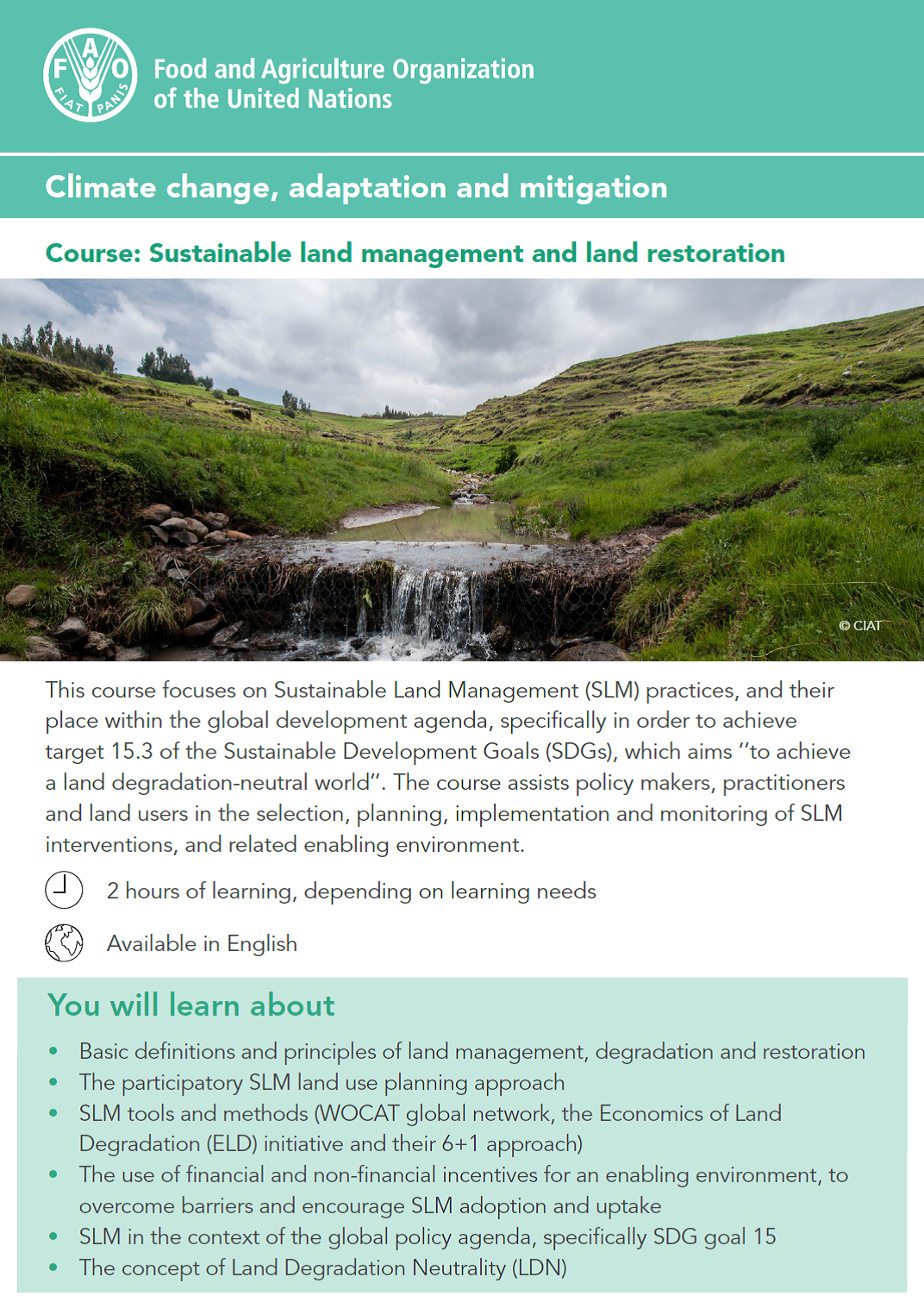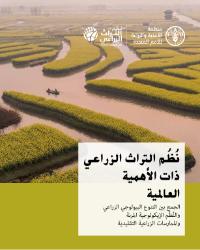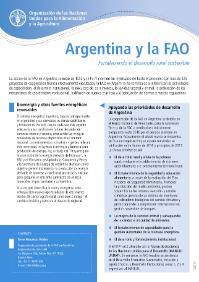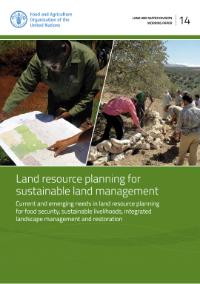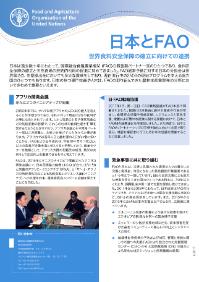VGGT: Assessment Toolkit Assessing gender-sensitive implementation and country-level monitoring of the Tenure Governance and Africa Land Policy Guidelines.
The Voluntary Guidelines on the Responsible Governance of Tenure of Land, Fisheries and Forests in the Context of National Food Security (VGGT) are an international framework based on human rights obligations and standards for the governance of tenure of land, fisheries and forests. Adopted in 2012 by Committee on World Food Security (CFS) member countries, and following an inclusive negotiation process, they recognise the importance of land to a country’s development, and that good land governance and broad access to land enable food security for all people.1



